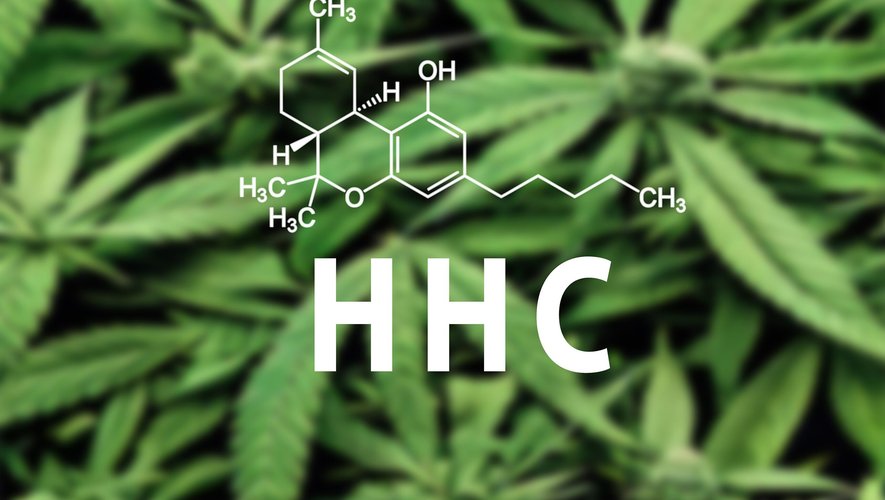(AFP) – “We have already sold our stocks and returned batches to suppliers”. Marc, a seller in Paris of products based on hexahydrocannabinol (HHC), has prepared for the probable banning of this molecule derived from cannabis.
The Minister of Health, François Braun, judged on May 15 “abnormal” that HHC-based products are on free sale and predicted that they would “quickly” be classified as narcotics.
Faced with this prospect, traders have put themselves in battle order.
“We didn’t want to end up with administrative seizures the day the law changes,” Marc, who wishes to remain anonymous, told AFP.
On the Tealer Lab website, it’s time for promotions: “60% off on the entire range” and “10 grams offered from 99 euros spent”, since “everything must disappear”.
In the form of dried flowers, oils, resins or e-liquids for electronic cigarettes, HHC-based products have attracted increasing demand.
Téo Vejdovsky, director of the wholesaler M2J, notes that they represented “half” of his 5 million turnover in 2022.
“The HHC has allowed us to increase our income” while “CBD has become a hyper-competitive market”, he explains. Shops specializing in the sale of cannabidiol (CBD) products have indeed increased from 400 to 1,800 in one year in France, according to a study in 2022 by the heavyweight of the High Society sector.
– “Health and social risks” –
HHC has effects similar to those of tetrahydrocannabinol (THC), the substance at the heart of the psychoactive effects of cannabis.
Its rise represents “potential health and social risks”, noted the European Monitoring Center for Drugs and Drug Addiction (EMCDDA) in a report in mid-April. Some European countries (Finland, Poland or Austria) have already banned it.
“We firmly believe in the potential benefits of cannabis-derived products, including HHC,” says Alexandre Lacarré, founder of the supplier Phytocann.
Elisa, 23, comes out of a Parisian boutique where she has just bought flowers from HHC “for the first time”. For this cannabis smoker, getting HHC in stores is more “reassuring” than finding “products on the run”.
Nicolas, 27, “heavy smoker”, finds the same psychotropic effects as those of cannabis, “minus the muddy side”. And “it’s less stressful because it’s legal,” adds this computer scientist, ready to pay more for these products.
“Two grams of HHC flowers have just cost me 28 euros, compared to the 10 euros I usually pay on the street”, he notes, even if “the fact that it is a transformed molecule (it) worries a little”.
Critics of HHC precisely point to the manufacturing process of this so-called “semi-synthetic” molecule.
“The hemp is bombarded with metals such as palladium or nickel, then we send hydrogen,” explains specialist consultant Xavier Desutter. “There are still traces of heavy metals” in the finished product, the toxicity of which is “unknown”.
The Hemp Syndicate, which campaigns for the development of a French CBD industry, quickly took a stand against HHC-based products for these health reasons.
“It is a synthetic molecule manufactured in the laboratory without regulation”, warns Léa Ruellan, its spokesperson. With prices equivalent to those of CBD products, the HHC is targeting “a young clientele”. “It’s like giving teenagers a choice between sparkling water and vodka for the same price,” she says.
Be that as it may, the announced banishment of the HHC does not cause panic in the sector.
“There will be substitute products”, relativizes Guillaume Richard, boss of the Weecl company. Substances based on other molecules are under development or even already available for sale, such as H4CBD, CBG or CBN.
For Léa Ruellan, the possible ban on HHC has the merit of “putting the debate on the legalization of cannabis back on the table”, which nearly half of French adults (46%) have already consumed, according to Public Health France.

